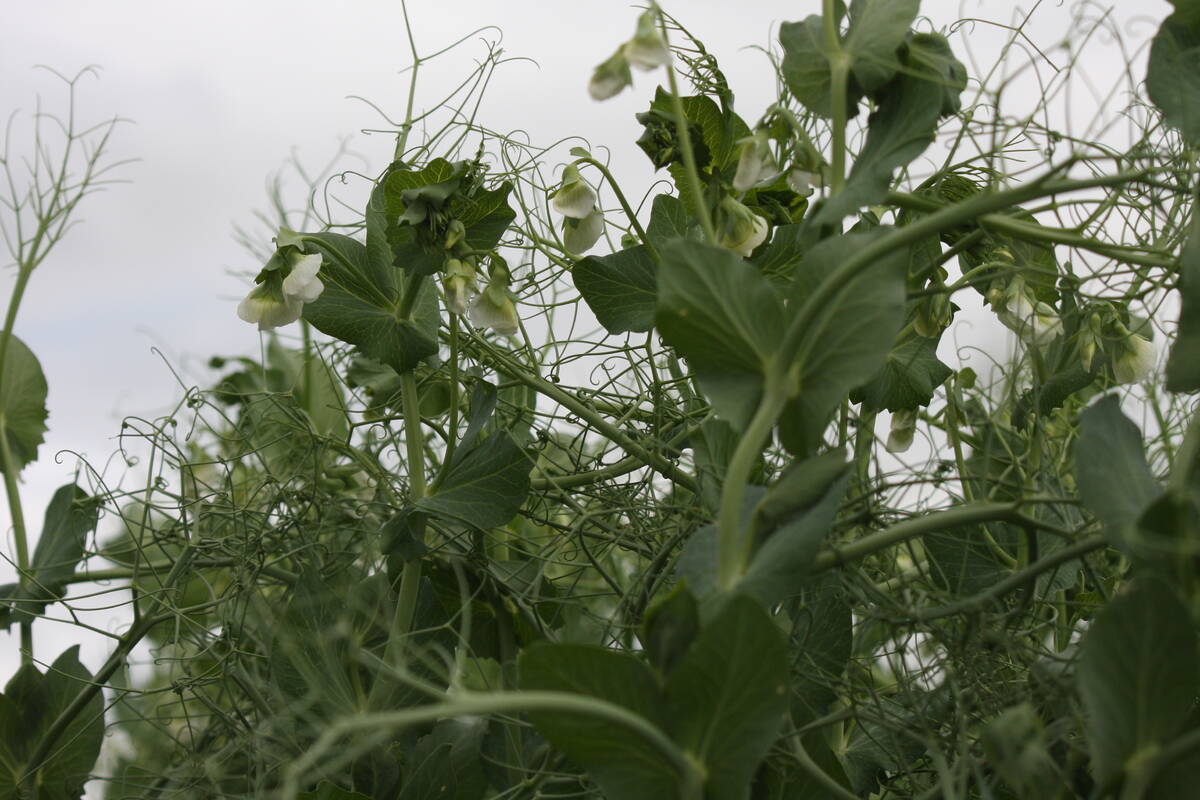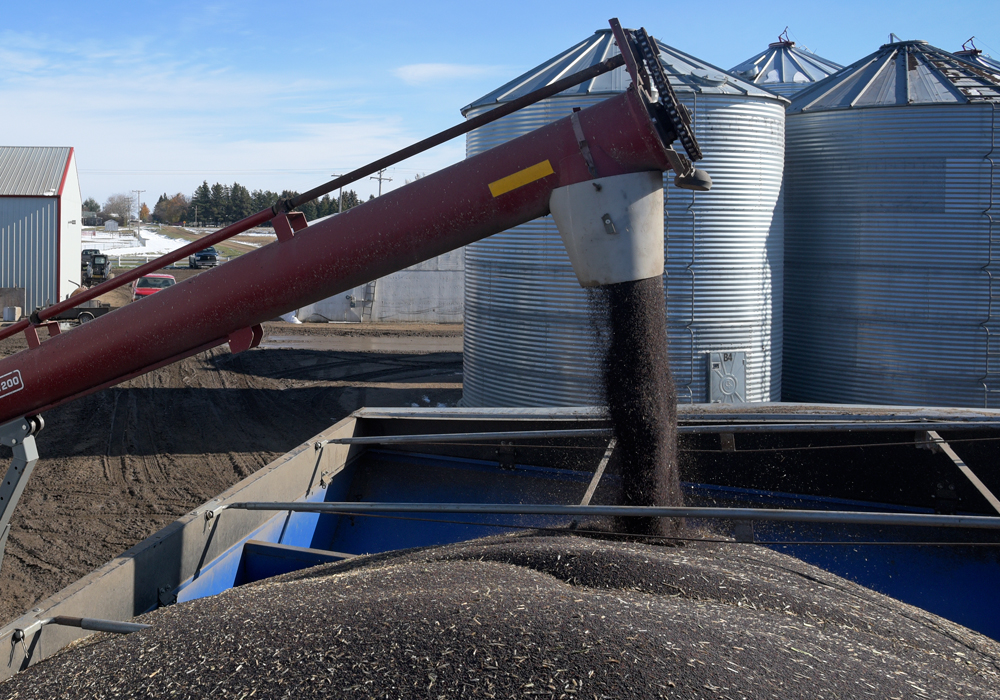Glen Pownall literally laughed out loud when he heard of plans by a canola industry group and the federal government to add millions of tonnes of new demand through market development efforts.
“I just shake my head at this whole thing and how it’s being dealt with,” he said.
“Their philosophy is crazy.”
Pownall, who is managing director of Peter Cremer Canada Ltd., was responding to recent comments by the Canola Council of Canada and International Trade Minister Jim Carr about their plans to expand demand for the crop.
Read Also

High pea yields shock farmers
There is going to be a massive pea carryout at the end of this crop year.
In a conference call organized by the council, Carr said his department is attempting to drum up new canola business in established markets to help replace the loss of the Chinese market.
The minister said he has spoken to his counterparts all over the world but mainly in countries where Canada already exports canola such as Mexico, Pakistan, Bangladesh and the United Arab Emirates.
Carr also mentioned that he will be leading trade missions to Japan and South Korea and has meetings in Chile and the European Union where he plans to raise the subject of canola exports.
Brian Innes, vice-president of public affairs with the council, recently said Canada could pick up “millions” of tonnes of additional demand in markets like Pakistan, Bangladesh, the European Union and the UAE.
Pownall said that is wishful thinking.
He wants Carr to know it will take years to build new demand in markets outside China.
He believes there is maybe a few hundred thousand tonnes of additional demand that could emerge from swing crush plants around the world but only if the price is right.
That won’t do much to offset the loss of a market that took 4.8 million tonnes of Canadian canola in 2018.
In some established markets there is simply no room for growth whatsoever.
Japan is a good case in point.
“They basically have imported the same amount of canola every year for the last 25 years that I’ve been trading canola,” he said.
New demand will not suddenly materialize in that market. The country has an aging population, aging crush plants and a well-established just-in-time inventory approach to buying.
“It’s not just going to happen because some Canadian government official went to Japan and said, ‘can you please crush more canola?’ ” said Pownall.
The same goes for Mexico. He said they won’t buy more unless Carr shows up with money in hand to convince crushers to process more Canadian canola.
Pownall said the last time South Korea purchased a cargo of canola was in 2012-13, and Chile has never been a player.
“When they say Chile, I don’t know what the hell they’re talking about. We grow sowing seed in Chile but I don’t know if there’s any crush capacity there whatsoever.”
Pakistan can be a big importer of Canadian canola but it will be difficult to convince them to switch crush capacity out of soybeans because they need the meal.
The UAE is one of the few markets mentioned where there could be potential. There is only one crush plant in the county but it is one of the largest in the world.
Al Ghurair Resources has the capacity to crush 6,000 tonnes of soybeans and 4,200 tonnes of canola a day.
Pownall said that facility could maybe crush an additional 400,000 tonnes of canola a year, but the company’s decision would likely depend on price.
There is potential for the EU to take more as well but shipments of canola destined for the biodiesel sector need to meet sustainability requirements.
He knows of two line companies in Canada with sustainability certification programs. All of the others are considering it in the wake of the China situation.
















